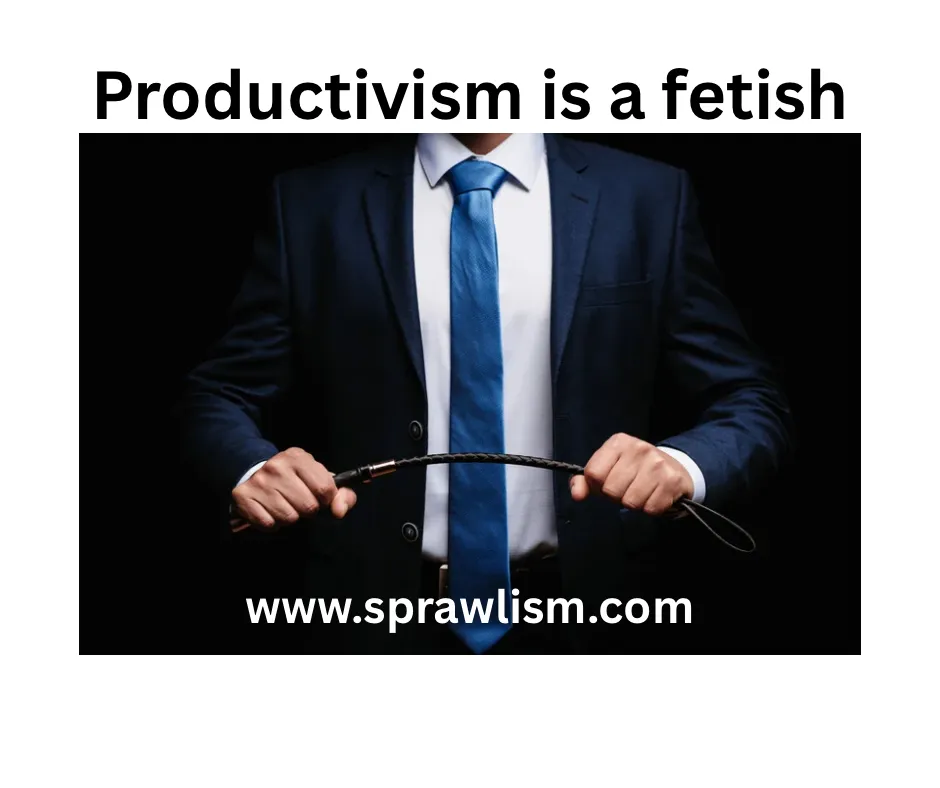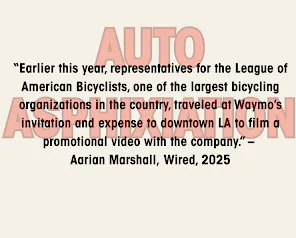Sprawlism focuses unflinchingly on the climate emergency engulfing the New York/New Jersey metropolitan region. We are in crisis. This newsletter uses feminist urbanism as its critical lens—examining how our cities and suburbs perpetuate vulnerability, demanding solutions rooted in equity, collective action, and a fundamental reimagining of how we share space.
My panel rejection at Socialism 2025—a common outcome for a person navigating hegemonic dual (race & gender) gatekeeping— amplifies in my mind a deeper problem. The left’s rigid orthodoxy around production.
The logic of production requires a figure like myself: socially constructed as 'Black' and female (the dehumanized vehicle), distinct from the category of 'Woman' reserved for those constructed as 'White' (the worker, the human)— is to not critique ideas. My function is to push the lumpenproletariat into pessimism. Catalyzing the rebellion for all workers, which translates into the end of capitalism.
This rigidity obscures the true horizon of liberation.
Consider the standard Marxist teleology: capitalism then revolution then socialism then communism. In this schema, the lumpenproletariat must remain oppressed to hasten revolution. Production must accelerate; reforms are dismissed as delays—and concessions won through struggle betray solidarity. Align with certain saviors, and the moment you secure gains for your people, you become the new enemy. Do you hear me? I pray you understand what I am saying.
Production must accelerate— reforms are dismissed as delays. Such literalism rivals the dogmatism of evangelical Christians or Constitutional originalists—and it’s equally dangerous.
Take Marx’s famous dictum:
“From each according to his ability, to each according to his needs!”
This is often weaponized to justify production-obsessed accelerationism.
But what if this reading is flawed? Marx, who tried to dedicate Capital to Darwin (who politely refused), embedded economics in biological systems, not physics envy. His work brims with ecological concern—for nature, evolution, and metabolic balance. Yet we’ve reduced communism to “owning the means of production,” mistaking a step for the destination.
The goal was never factories in worker hands. It was the transformation of social relations: dismantling hierarchies, ending oppression (including Earth’s), and fostering cooperation. As Kohei Saito argues in “Degrowth: A Vocabulary for a New Era, “late Marx underwent an “ecological turn,” critiquing productivism’s false promise.
I’d go further—this ethos was there from the start, obscured by bad interpreters.
Now enters accelerationism’s dead end. Figures like Aaron Bastani peddle “Fully Automated Luxury Communism” (FALC)—a techno-imperial fantasy where we outrun climate collapse by accelerating production. This is a Muskian delusion: Jevons’ Paradox ensures efficiency gains only intensify resource exploitation. Worse, it echoes Bruno Latour’s call to “love your monster”—fetishizing technology while the planet burns.
The left cannot win through production. It wins by reimagining our relationship which each other and nature.
Communism’s fixation on the “end of history” risks killing the journey—and us with it.
Check out the new episode of our Auto Asphyxiation podcast and subscribe to our YouTube channel.






